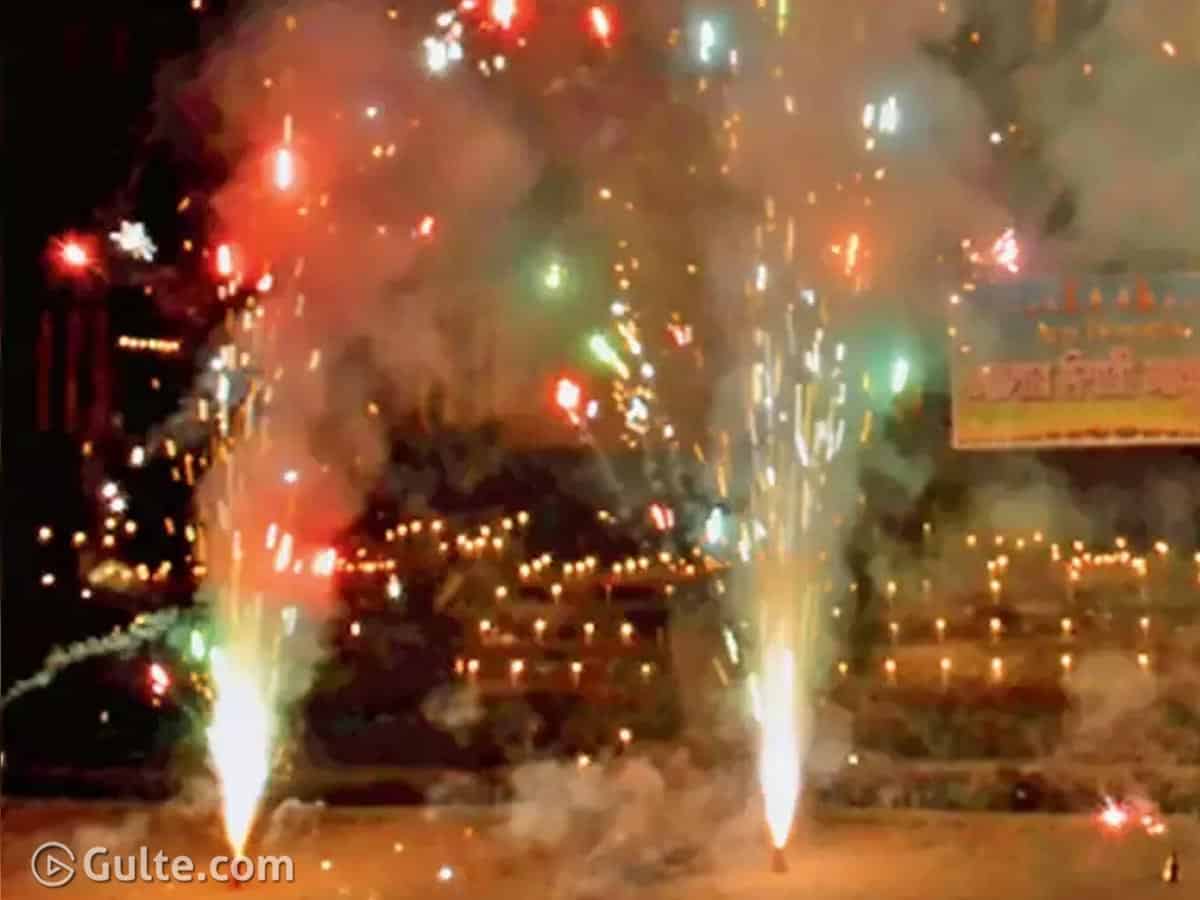There could never be a silent Diwali than this year. With the pandemic looming large and the threat of a second wave of Covid-19 being feared, which could get aggravated due to pollution of crackers, many states have imposed ban on bursting them on the eve of Diwali.
On November 4, the National Green Tribunal (NGT) issued notices to 18 states and Union terrirotires, including Assam, Nagaland and Meghalaya, to ban use of firecrackers during Diwali.
Days after the notices were issued, as many as 10 states, including Telangana, issued ban on sale and use of fire crackers for Diwali in their territories.
This sudden decision by different state governments has been a jolt to the firecrackers industry as it would mean huge loss to many retailers who are planning to make money by selling the fireworks. They said that the government should have alerted them months before about the ban so as to avoid losses.
States which have banned the sale of crackers include Delhi, Maharashtra, West Bengal, Odisha, Rajasthan, Chandigarh, Sikkim, Karnataka, Haryana, Telangana.
They have been faulting the government for the last minute decision which the retailers of fire crackers say would push them into financial trouble.
They drew similarities with the decision to demonetisation and Covid-19 lockdown which also led to many troubles. In 2016, when demonetisation was announced by Prime Minister Narendra Modi when currency notes of higher denomination like Rs 500 and Rs 1,000 were banned.
Demonetisation was considered a method to curb black money in the economy. Modi also said that demonetisation was aimed at making India go cashless and giving digital India a boost.
However, demonetisation has been one of the most criticised moves by Modi and everyone from former Prime Minister Manmohan Singh to former RBI Governor Raghuram Rajan has condemned this move and its effects .
Soon as demonetisation was announced and the ban was imposed on the currency notes, the higher denomination votes were withdrawn from circulation which led to immense shortage of money. Demonetisation gave nightmares to people as they had to queue up before the ATMs for hours together to withdraw their own money. For standing in the queues before the ATMs, people in a family even took turns.
Demonetization began as a way to curb the black money from our economy was later addressed as a means of making India cashless and giving digital India a boost.
Similarly, the Covid-19 lockdown announced by PM Modi to check the spread of Coronavirus also brought the economy to a screeching halt and pushed many poor into unprecedented trouble. Many daily wage earners, petty traders and guest workers faced a lot of trouble due to the sudden decision.
They became so poor all of a sudden that they had to search for two square meals a day and found it very hard to make both ends meet. Unable to pay the house rents and meet the expenses, many guest workers walked miles to reach their native places as there were no transportation facilities too.
Unable to walk miles and also evade checking at inter-state borders, some even huddled in milk tankers and other vehicles carrying essentials.
Similarly, many petty traders could not do business and were left without any earnings. Every sector, including the construction business, bore the brunt of the sudden lockdown decision.
It would be better if those at the helm of affairs could consider all the troubles and repercussions of their sudden decisions in view and make planned moves.
Tags Crackers Ban India Politics
 Gulte Movie News And Politics
Gulte Movie News And Politics

















